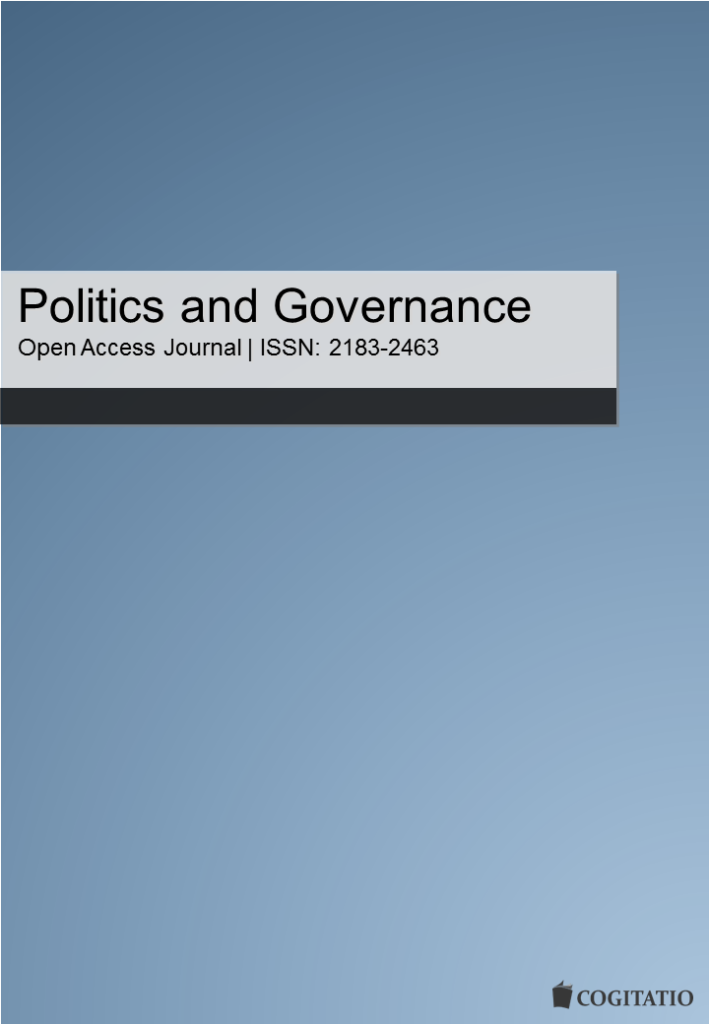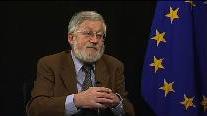A new article in the open-access journal Politics & Governance by historian Joris Gijsenbergh shows that politicians and officials need to be convinced of the value of transparency. Without a mentality shift, the EU Whistleblower Directive and national legal measures will fail to offer whistleblowers sufficient protection against retaliation. History teaches us that appreciation for open government needs to be cultivated.

Time is running out
2021 will be the year of truth for whistleblowers across the EU. Two years ago, the European Parliament adopted EU Directive 2019/1937, which outlines ‘minimum standards ensuring that whistleblowers are protected effectively’. Member states have until 17 December 2021 to turn these provisions into national law. Unfortunately, time is running out. According to a recent report by Transparency International (TI) and the Whistleblowing International Network (WIN), 18 of the 27 EU countries still show minimal to no progress. That raises the question how national governments could be motivated to honour their commitment in the upcoming seven months.
At first glance, it may seem obvious for whistleblowing advocates to focus on legal measures. NGOs like TI and WIN do sterling work in this field, by monitoring the (lack of) progress and by admonishing EU member states to speed up their legislative process. Their focus on the legal measures is understandable, because laws and regulations provide whistleblowers with tangible benefits. In the words of the progress report of TI and WIN (p. 4): ‘To protect whistleblowers from retribution, a strong legal framework is an important precondition.’
An additional challenge
However, legal measures are not a sufficient condition. In addition, a mentality shift is required in order to create an environment in whistleblowers dare to report malpractices. History teaches us that whistleblowers in the past decades have not only suffered from a lack of legal protection, but also from a lack of understanding and support. Therefore, in order to protect them, it is imperative to change a deeply-rooted culture of secrecy into a culture of transparency. This creates an additional challenge for whistleblowing advocates: they should not focus exclusively on legal protection, but they should also instill the value of openness in politicians and officials.
History teaches us that whistleblowers have not only suffered from a lack of legal protection, but also from a lack of understanding. Whistleblowing advocates should therefore not focus exclusively on legal protection; they should also instill the value of openness in politicians.
The importance of a conducive political and organizational culture can be illustrated by looking at the changing attitudes towards whistleblowers within European institutions in the second half of the twentieth century, as I have done in my article in Politics & Governance. The EU Directive of 23 October 2019 on the protection of whistleblowers did not come out of the blue, but was rather a new step in a slow process that started in the 1950s. Only gradually did politicians and officials at the European level start to appreciate and assist whistleblowers.
Whistleblowing in the ECSC: little to no support
The story starts in 1957, when scrap trader Louis Worms blew the whistle on scrap dealers, steel manufacturers, and civil servants who had committed fraud with an ECSC fund. This disclosure saved the Community a lot of money. Nevertheless, Worms received little to no support from the European institutions. The High Authority responded even slightly hostile, after Worms had accused Vice-president Dirk Spierenburg and other officials of complicity. Neither did the Court of Justice help the whistleblower. It dismissed Worms’ claim that the High Authority should financially compensate him for the boycott he suffered from his spiteful peers in the industry. Members of the European Parliamentary Assembly (and its successor, the European Parliament) were only marginally more supportive. Most of them thanked Worms for his ‘very great service to the Community’, but refused to compensate him.
During the debates about Worms, transparency was rarely invoked as a key value. Only a few supporters defended him as a hero of openness and stressed that the public deserved a right to know. Most politicians and officials did not recognize transparency as a prime concern. That is understandable, considering their conviction that the technocratic ECSC derived its legitimacy from its ability to solve economic issues, rather than political deliberation.
Louis Worms’ decision to blow the whistle saved the Community a lot of money. The Parliamentary Assembly thanked Worms for his ‘very great service to the Community’, but refused to compensate him.
Whistleblowing in the EEC: increasing assistance
In 1973, the EEC was also confronted with a major case of whistleblowing. Stanley Adams informed the European Commission that his employer, the Swiss multinational Hoffmann-La Roche, was guilty of price-fixing. Adams hoped that the Commission would use its free trade agreement with Switzerland to stop this malpractice. Like Worms, Adams suffered dire consequences: he almost became bankrupt, a Swiss court convicted him for breaching trade secrets to a foreign power, and his wife committed suicide. Adams received more assistance from the European institutions than Worms. MEPs unanimously urged the Commission to offer him financial and legal aid. The Commission partially heeded this call, although it did not go as far as the MEPs wished. That changed in 1985, when the Court ruled that Adams was entitled to more compensation.
Another difference with Worms, was that the importance of transparency was more explicitly addressed during the debates about Adams. However, the MEPs and Commissioners did not yet embrace openness as the pillar of the Community’s legitimacy. When they emphasized the importance of transparency, they did not talk about the right of citizens to scrutinize the European institutions. Rather, they defended the right of European institutions to monitor multinationals, in order to enforce the free trade agreement with Switzerland. During the 1970s and 1980s, the public’s right to participate in the electoral process received more emphasis than its right to know.
Whistleblowing in the EU: the first protective measures
Around the turn of the century, the appreciation for whistleblowers increased. In 1998, EU auditor Paul van Buitenen disclosed that Commissioner Édith Cresson was involved in fraud and a cover-up. At first, the Commission retaliated, by temporarily suspending Van Buitenen for his breach of confidentiality. By contrast, most MEPs chose the side of the auditor. They demanded that he would be rehabilitated. Moreover, they requested that future whistleblowers would receive protection. In response, Commission-Santer felt forced to resign, while its successor Commission-Prodi promised administrative reform. In 2002, that reform led to the introduction of the first protective measures for whistleblowing Commission staff members.
When Paul van Buitenen revealed that Commissioner Édith Cresson had committed fraud and covered it up, “transparency” and “whistleblowing” became buzzwords. In the face of increasing Euroscepticism, politicians explicitly defended open government as a democratic right.
The reactions to Van Buitenen confirm that many EU politicians and officials criticized the culture of secrecy within Commission-Santer. Both “transparency” and “whistleblowing” became buzzwords in the parliamentary debates and policy documents. For the first time, politicians and officials claimed that citizens deserved to be informed. Moreover, they explicitly defended open government as a democratic right. The call for transparency was a reaction to the increasing Euroscepticism and worries about the alleged “democratic deficit”. It still took two decades of debates between the European Parliament and the Commission before the EU Whistleblower Directive was adopted, but important steps were taken in the wake of Van Buitenen’s disclosure.
A mentality shift
This brief historical overview shows that a mentality shift is both time-consuming and essential. History teaches us that we cannot take transparency for granted. The appreciation within European institutions for open government in general and whistleblowers in particular has only increased gradually. It may take some more time to convince national governments of the importance of whistleblowing protection. This means that we urgently need to cultivate a culture of transparency, in order to adequately protect whistleblowers. Before the first legal measures were introduced in the twenty-first century, whistleblowers depended on the good will of politicians and officials. Their good will is also needed in the upcoming months, when the EU Whistleblower Directive should be transposed into national law. Additionally, good will is needed after 17 December 2021, when the national protective measures will have to be put into practice.
Dr. Joris Gijsenbergh is specialized in the history of democracy and transparency in the twentieth century. Currently, he is studying the regulation of political parties in the Netherlands, as a postdoctoral researcher at the Faculty of Law of Radboud University. His open-article ‘From Neglect to Protection: Attitudes towards Whistleblowers in the European Institutions (1957–2002)’ in Politics & Governance can be accessed here.



